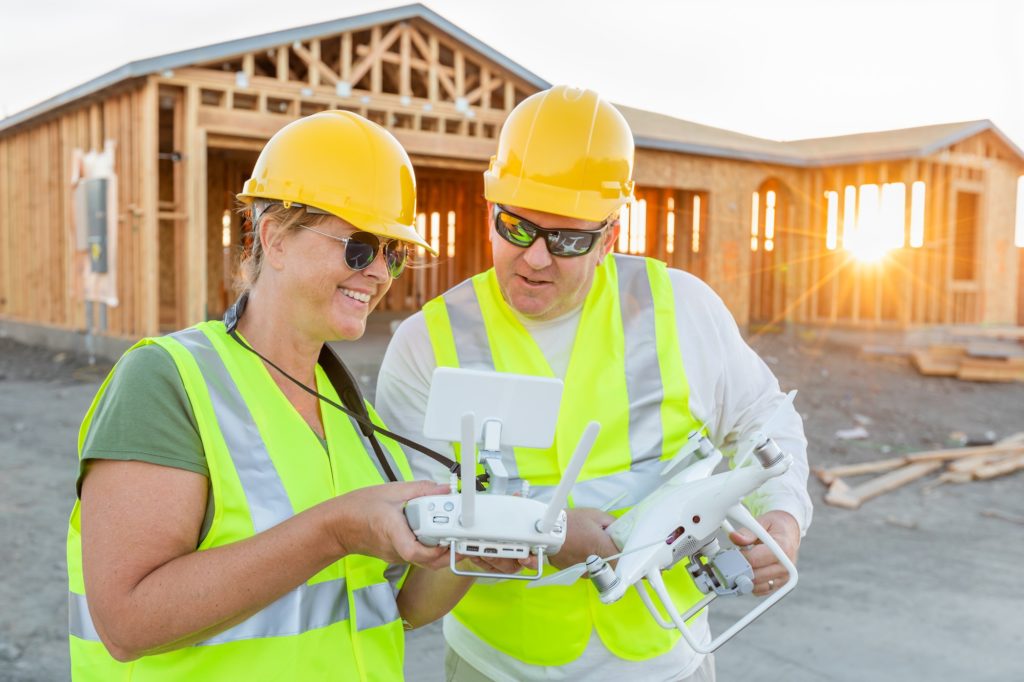
What to Know When Hiring a Drone Pilot
Before diving into what you need to know when hiring a drone pilot, let’s explore what drone services entail. Drone services are professional services provided using unmanned aerial vehicles (UAVs), also known as drones. These services vary broadly and include aerial photography and videography, property inspections, agricultural monitoring, geographic mapping, and even drone delivery services.
Each service requires different skills and equipment. For instance, drone photography might require high-definition cameras, while surveying land for agricultural purposes might require thermal cameras or multispectral sensors to collect in-depth data about the plants.
The Importance of a Qualified Drone Pilot
Operating a drone might seem straightforward – buy a drone, take it to the skies, and start filming. However, the reality is far more complex. Drone pilots need a deep understanding of the technology, the ability to control the drone under varying conditions, knowledge of aviation regulations, and skills in image capture and data analysis.
In many jurisdictions, commercial drone operators also need to be certified by the relevant authorities, such as the Federal Aviation Administration (FAA) in the United States. These certifications assure clients that the drone operator has the necessary training to fly safely and comply with regulations.
What to Consider When Hiring a Drone Pilot
1. Licensing and Insurance
First and foremost, verify that your drone pilot has the appropriate license. In the US, drone pilots performing commercial work need to have a Part 107 license issued by the FAA. Similar requirements exist in other countries. The permit demonstrates that the pilot understands aviation regulations, can safely operate the drone, and knows airspace restrictions.
Furthermore, ensure that the drone pilot has liability insurance. Drone operations can sometimes go awry, leading to property damage or injury. Liability insurance protects against potential legal claims.
2. Experience and Portfolio
The next step is to evaluate the pilot’s experience and portfolio. Ask for examples of past work, especially projects that are similar to yours. An experienced pilot who has worked on projects like yours will be more likely to deliver high-quality results.
3. Equipment
It’s important to understand the equipment the drone pilot will use. The drone and its attached equipment, such as cameras or sensors, can greatly impact the quality of the output. Ensure that the drone pilot has the necessary technology to fulfill your project requirements.
4. Safety Measures
Drone operations involve a certain degree of risk, so it’s essential to ensure the pilot follows strict safety protocols. These might include pre-flight inspections, maintaining a safe distance from people and buildings, and having contingency plans for emergencies.
5. Pricing
Pricing for drone services can vary greatly based on the complexity of the project, the equipment used, and the pilot’s experience. Be sure to get a detailed quote upfront to avoid surprises.
6. Deliverables
Clearly define what you expect from the drone pilot. Will you just need raw footage, or will the pilot be expected to provide edited videos or analyzed data? The more specific you are, the more likely you’ll be satisfied with the results.
What to Expect Before Hiring a Drone Pilot
Communication
Before hiring a drone pilot, you should expect open and honest communication. A professional pilot should be able to explain their services, answer your questions, and keep you informed about the project status.
Planning
A drone pilot should provide a detailed plan, including timelines, locations, and potential obstacles. Depending on the project, this might also include obtaining permits for drone operations.
Flexibility
Drone operations are weather-dependent. A professional drone pilot will need to show flexibility in scheduling while maintaining safety and compliance with regulations.
In conclusion, hiring a drone pilot is not as simple as picking someone who can operate a drone. It requires careful consideration of licensing, experience, safety, equipment, pricing, and project deliverables. By knowing what to expect, you’ll be better equipped to choose the right drone pilot for your project, ensuring high-quality results and a successful partnership.

